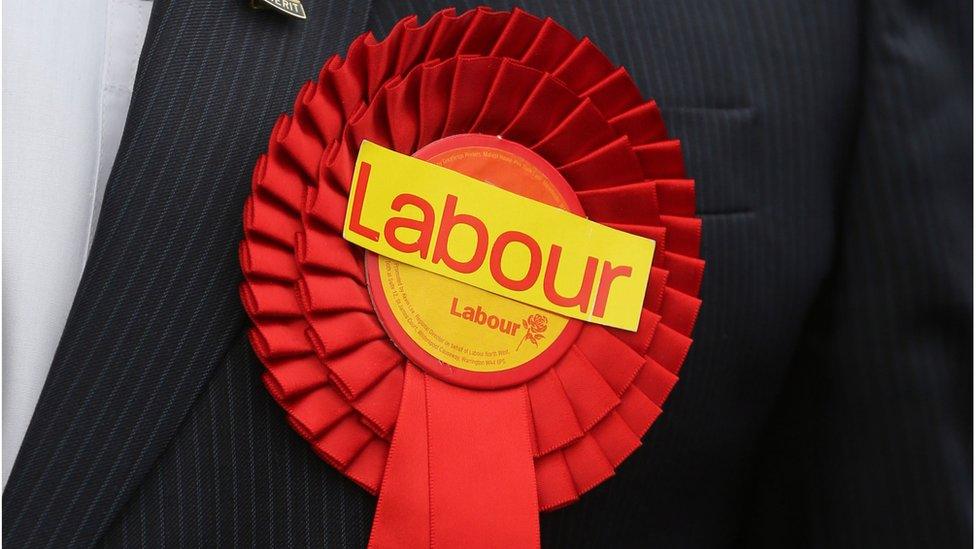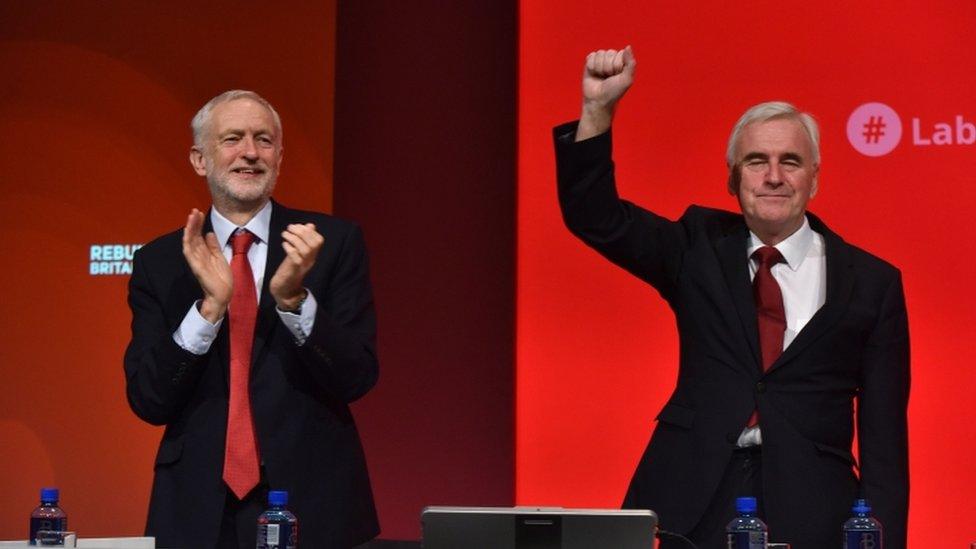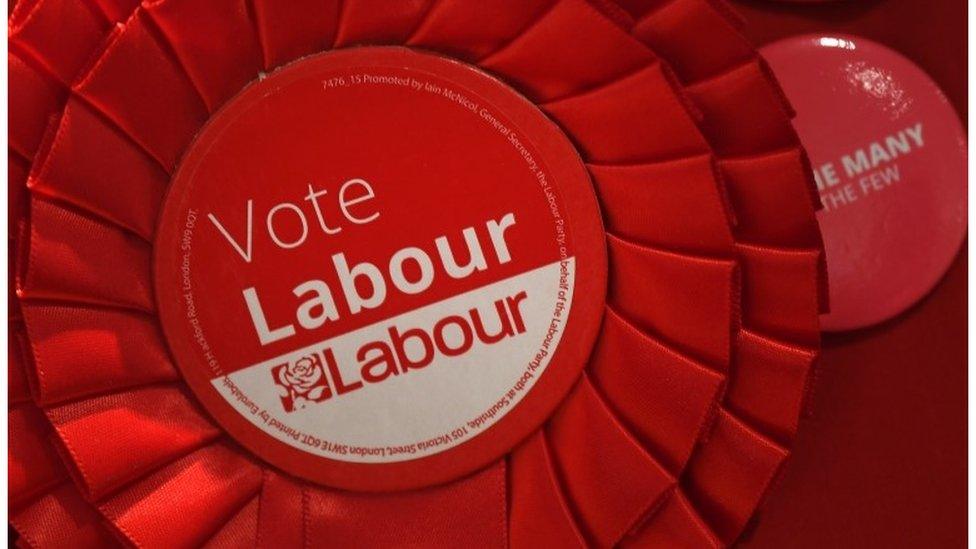Labour: Groups press for more ethnic minority candidates
- Published

Five Labour-supporting groups have urged the party to adopt election candidate shortlists where half of the hopefuls are from an ethnic minority.
In a letter to party bosses, the "Friends" groups also called for Labour to ensure diversity on candidate selection panels.
Labour is currently deciding on candidate selections ahead of a possible general election this autumn.
The party said it was committed to greater ethnic diversity at all levels.
The letter was signed by Sikhs for Labour, Chinese for Labour, Labour Friends of Somalia, Labour Black Network, and Kurds for Labour.
They acknowledged that all-BAME (black, Asian and minority ethnic) candidate lists would not be allowed under current UK equalities law.
But they argued that lists where half of the candidates were from an ethnic minority background would still make their selection more likely.
Labour has been using all-women shortlists to select candidates for certain parliamentary seats since the general election in 1997.
Although their use has been controversial, the party has used them in some form in every election since then, and wants 50% of its MPs to be women by 2020.
The use of all-female lists has, however, not been adopted by the Conservatives, although the Liberal Democrats approved their use in a motion in 2016.
Allow X content?
This article contains content provided by X. We ask for your permission before anything is loaded, as they may be using cookies and other technologies. You may want to read X’s cookie policy, external and privacy policy, external before accepting. To view this content choose ‘accept and continue’.
Allow X content?
This article contains content provided by X. We ask for your permission before anything is loaded, as they may be using cookies and other technologies. You may want to read X’s cookie policy, external and privacy policy, external before accepting. To view this content choose ‘accept and continue’.

The BBC's Iain Watson said there were suspicions that in the event of a snap election, Labour's ruling body, the NEC, would choose the candidates - not the local parties - and would pick individuals primarily on their support for the party leadership.
The Friends groups are unhappy at the prospect of seats "being stitched up for favoured candidates", our correspondent added.
They are also demanding that party selection panels include at least one local BAME member, with all members given diversity training.
'Committed'
In response, a Labour spokesperson said the party had been "at the forefront of championing equality and diversity and tackling discrimination".
"We are proud that our party has more BAME MPs than all other political parties combined and that our shadow cabinet contains more ethnic minority members than any cabinet or shadow cabinet ever," they added.
"Labour is committed to further increasing the representation of BAME candidates at all levels of the party and looking at measures to address the under-representation of BAME members as elected Labour politicians, both locally and nationally."
Ahead of a possible autumn election, Labour MPs have been asked whether they want to stand again, and processes are under way to select candidates where incumbents have said no.
Prime Minister Boris Johnson has ruled out an early election, but one could follow if he is defeated in a no-confidence vote in a bid to stop a no-deal Brexit.

What does the law say?
After Labour's use of all-women shortlists ahead of the 1997 election was found to have breached equalities legislation, the party changed the law under Tony Blair in 2002 to allow their use by all political parties.
The sanctioning of their use by parties was then extended under a subsequent law change in 2010, which permits their use until 2030.
However, under current law, lists cannot only include people with other "protected characteristics", such as age, sexual orientation, or race.
Although parties would be able to reserve places, a shortlist comprised solely of people selected on such grounds would not be allowed.

- Published24 June 2019

- Published1 May 2018
